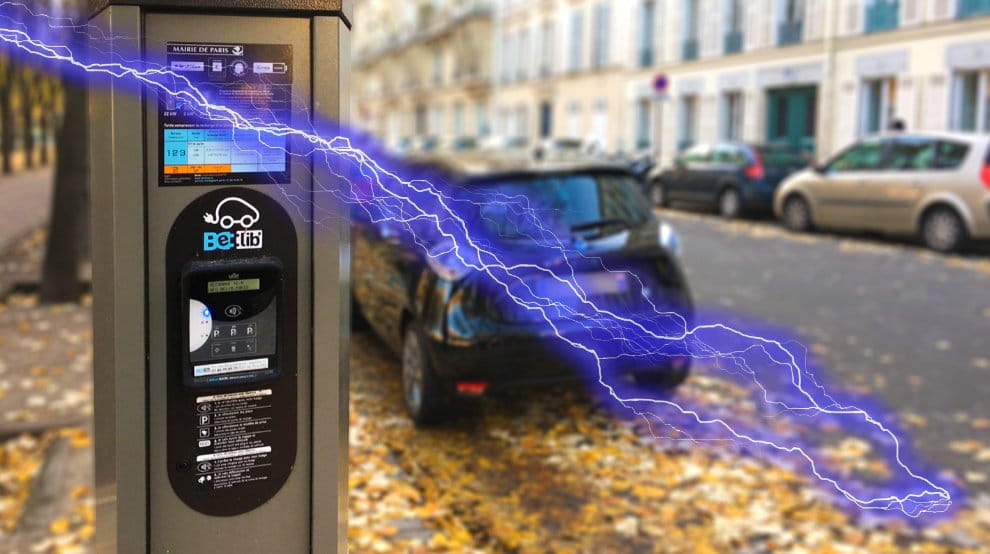Paris: recharging your electric car will cost more than a full tank of gas
The Belib’ electric vehicle charging network has just announced a increase in its prices from January 2, 2023. This increase is justified by the rise in electricity prices. If only we had a fleet of nuclear power plants… For the users of the company’s terminals, this will therefore translate into a sharp increase in bills at the terminal for their next recharges.
Prices doubled…
From now on, the operator will charge per minute of charge, but also, this is new, per kWh (kilowatt hour). This translates into four formulas: Moto, with a power of 3.7 kW; Flex, 7kW; Boost, 22kW and Boost+, 50kW. Rates also vary between subscriber vehicles residing in Paris and those coming from outside, who will pay more.
Polluting is more economical
By taking into account the average autonomy of an electric vehicle, a quick calculation allows us to find the cost for 100 kilometers of autonomy. Around 22 euros for one user Belib‘ without subscription, €17 for a subscriber with the Boost+ offer. By way of comparison, the same distance costs between €10 and €13 for petrol or diesel. Not only is the price doubled, but it is more economical to fill up with gas in an uncatalyzed 1988 R5.
When @belib_paris sends a mailing to announce that its prices are x2…
With all its customers in CC.#fight pic.twitter.com/4XS4yLmZgv— Matthew Stefani (@Mattintouch) January 2, 2023
For the time being, therefore, it is always more interesting to recharge your vehicle at home; the kWh being dependent on the regulated tariffs, the 100 kilometers of autonomy cost approximately 3 €. It should be noted, however, that some players have been trying for a few months to set up “discount” charging stations.
If you own an electric car or motorcycle, know that it is possible to find charging stations at a lower cost! Discover our 5 tips for saving money with an electric vehicle.
With a still very high average price, a difficult democratization of charging stations, but also a generally high price per kilometer, the electric car does not seem to have begun its transition to the general public. But the people who decided to go “all electric” in 2030 you probably blame the war in Ukraine, the Covid or the mildew…


